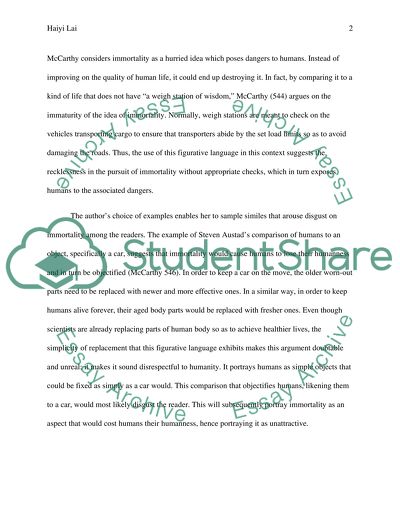Cite this document
(“English lesson 6 Essay Example | Topics and Well Written Essays - 750 words”, n.d.)
English lesson 6 Essay Example | Topics and Well Written Essays - 750 words. Retrieved from https://studentshare.org/english/1484852-english-lesson
English lesson 6 Essay Example | Topics and Well Written Essays - 750 words. Retrieved from https://studentshare.org/english/1484852-english-lesson
(English Lesson 6 Essay Example | Topics and Well Written Essays - 750 Words)
English Lesson 6 Essay Example | Topics and Well Written Essays - 750 Words. https://studentshare.org/english/1484852-english-lesson.
English Lesson 6 Essay Example | Topics and Well Written Essays - 750 Words. https://studentshare.org/english/1484852-english-lesson.
“English Lesson 6 Essay Example | Topics and Well Written Essays - 750 Words”, n.d. https://studentshare.org/english/1484852-english-lesson.


